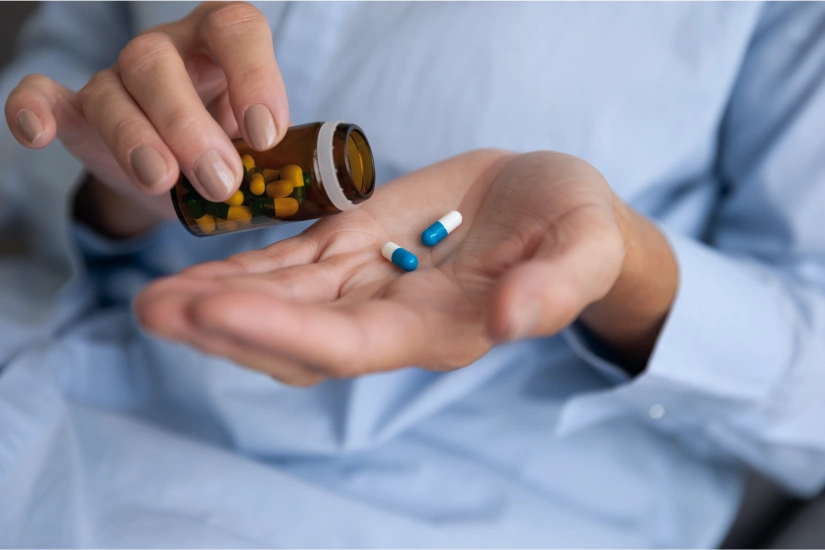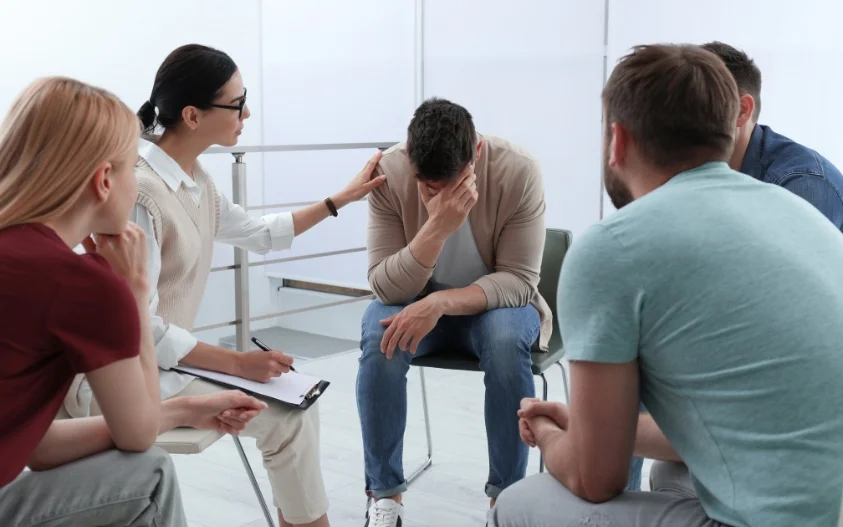24/7 Helpline:
(866) 899-221924/7 Helpline:
(866) 899-2219
Learn more about PTSD Rehab centers in Saline County

Other Insurance Options

GEHA

Optum

Kaiser Permanente

PHCS Network

Health Choice

AllWell

WellCare Health Plans

Molina Healthcare
Beacon

Amerigroup

ComPsych

Self-pay options

Medical Mutual of Ohio

BHS | Behavioral Health Systems

Oxford

Horizon Healthcare Service

Meritain

CareFirst

Holman Group

Access to Recovery (ATR) Voucher

Ashby House
Ashby House is a private rehab located in Salina, Kansas. Ashby House specializes in the treatment o...

Veridian Behavioral Health
Veridian Behavioral Health is a private, traditional rehab located in Salina, KS. Veridian Behaviora...





















Innovative Solutions Addiction Treatment Center
Innovative Solutions Addiction Treatment Center is a private rehab located in Salina, Kansas. Innova...

Central Kansas Foundation
Central Kansas Foundation is a non-profit organization that provides quality and affordable alcohol ...

























































































































